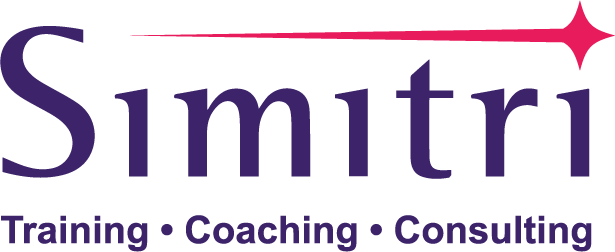WHAT KEEPS A project leader or the head of a company up at night? There’s no single answer, but chances are the rising expectations of stakeholders will top the list. The mandate is to do more with less, achieve higher targets, perform better, meet tighter deadlines – and do all that within budget.
Building Your Sales Pipeline
IF YOU'VE EVER had a conversation with someone in your company responsible for sales or business development, you have probably asked them a few of the stock questions. How's business going? Any recent successes? Are the numbers up? Chances are the answers you got will all have related to what has already been achieved - work done and invoiced, contracts negotiated and signed, projects confirmed but not yet started. By now, there is probably not much that can change the expected level of revenue. Of course, the entire senior management team will push everyone to "sell more" to the clients involved, but realistically that will have little impact on the bottom line.
Focus On Your Top Customers
WHEN VILFREDO PERETO noted, in 1906, that 20 per cent of Italy's population owned 80 per cent of the country's property, he had no way of knowing how widely his observation would apply to the world of economics, and to businesses. Since then, the Pareto Principle, or the 80-20 rule, as it is usually known, has proven sufficiently flexible to turn up in all kinds of business scenarios and has become an accepted part of global management thinking. Thus, we hear that 20 per cent of a company's employees produce 80 percent of its results and, with suitable modifications to fit different areas or industries, the list of examples goes on.
Express Your Feelings in an Intelligent Way
ALLOWING FOR A FEW changes of detail, many executives will no doubt recall a formative experience like this. Late one Friday afternoon an email arrives from someone high up in the organisation. The tone is uncompromising, and the content comes as a complete surprise. The message states that, by Monday morning, a financial analysis and marketing plan is needed for the possible launch of a new product, which another division has been working on.
Branding Your Leadership Style
Contemplate the Battle
IF THERE'S ONE THING most salesmen have, it's a plausible excuse for not getting the business. "We lost out because of their internal politics"; "They stuck with the current supplier for price reasons". Chances are the people giving those reasons have great selling skills. So why do they achieve only limited success and never bag the really big clients?
Stay On Top of the Game
EVERY BUSINESS LEADER knows just how precious time can be. As responsibilities increase and technology advances, it can often seem that there are simply never enough hours in the day. Obligations pile up to chair meetings, join conference calls and attend client functions, and all the while there is that ceaseless inbound flood of emails, texts and phone messages expecting urgent attention. Executives, of course, soon learn that having to deal with all these demands is just a function of the modern business world. As a result, they become used to logging on to inflight wifi, addicted to their smartphones, and are experts in the art of the short-term fix. And that can turn out to be a major problem because, in the midst of all the running around and chasing to hit this month's sales figures or next quarter's financial targets, it is very easy to take one's eye off the ball.
When Feelings Count
THE FAMOUS AMERICAN banker J.P. Morgan once said that people make decisions for two reasons: the good reason and the real reason. The truth of this observation is immediately obvious if you ask any business executive in New York, London, or Hong Kong to explain why they chose one course of action over another.
True Signs of a Leader
THE IDEA OF self-discovery is as important today as it was around 2,500 years ago when Socrates said that each person’s aim should be to “know thyself”. For anyone looking to develop a successful style of leadership, knowing who you are is the first and most important step. Only when you fully understand the way you think, act and communicate, and recognise the impact of your behaviour on other people, you can bring about positive change and increase your overall effectiveness.
Making of a Sales Expert
THE PHILOSOPHER Aristotle in the Art of Rhetoric captured the essence of what makes people great at selling when he highlighted the Greek concepts of logos, pathos and ethos. With logos, we produce rational and logical arguments. Pathos is used to address emotions. But for success, we have to be believable and trustworthy - and that is where ethos comes in.

